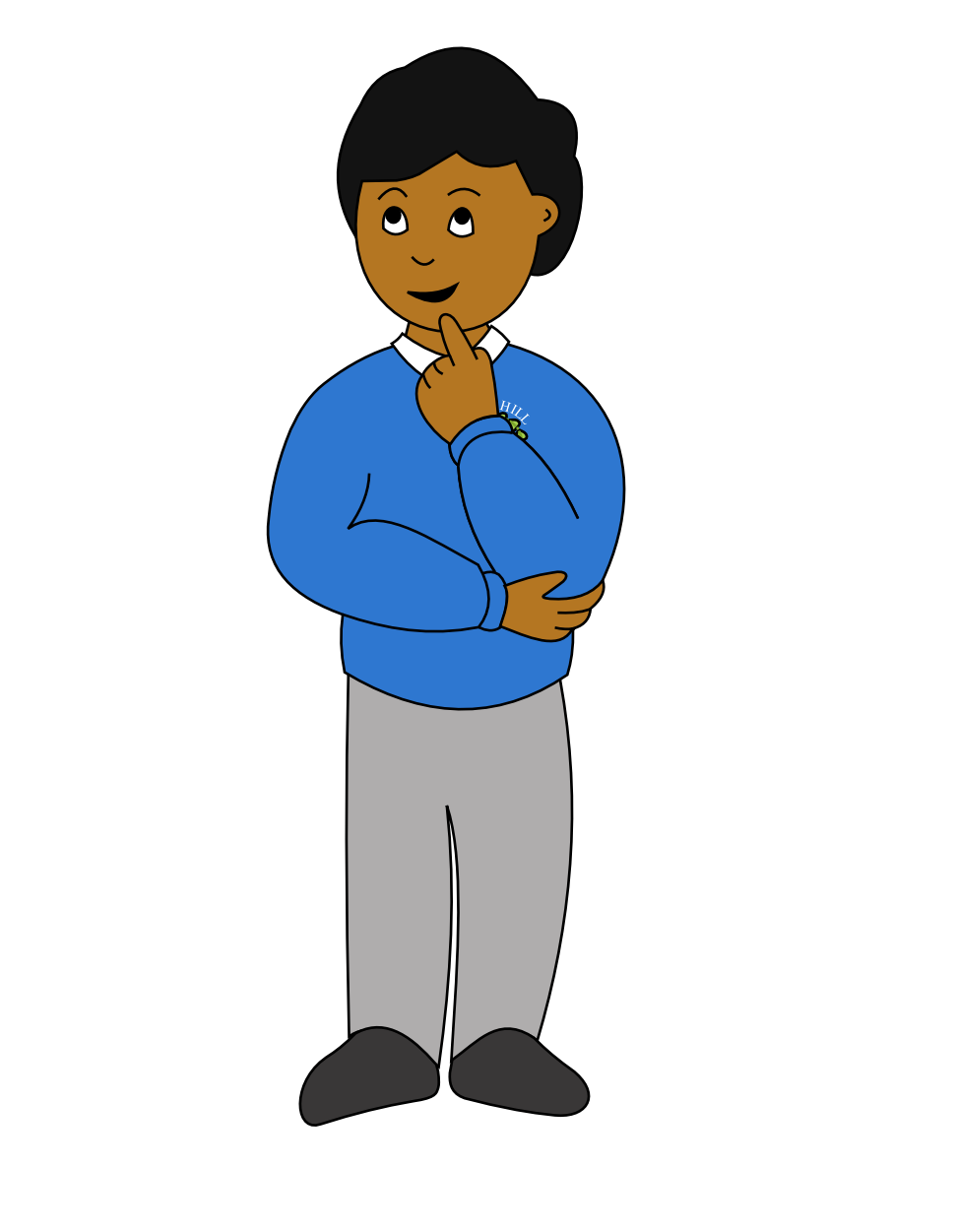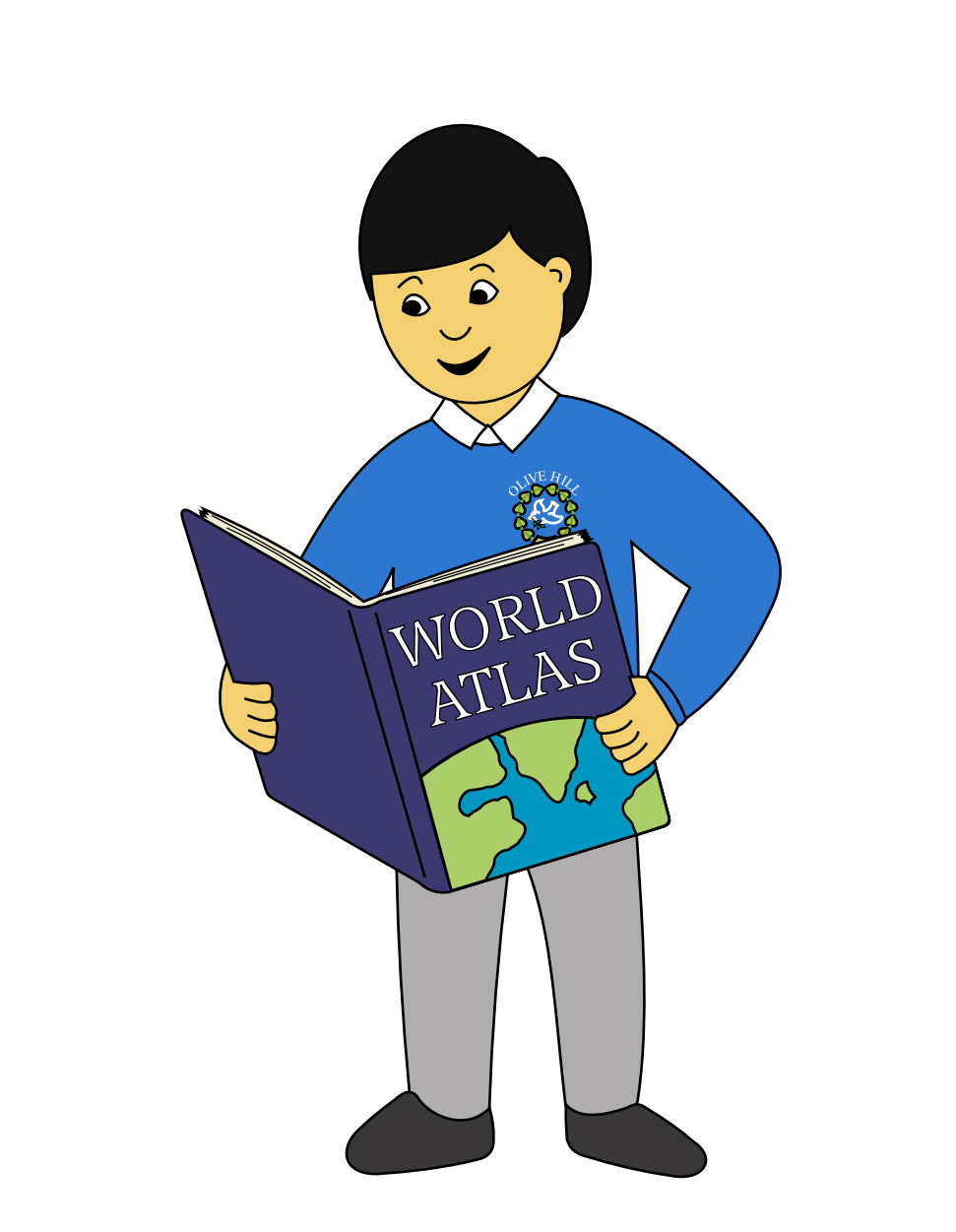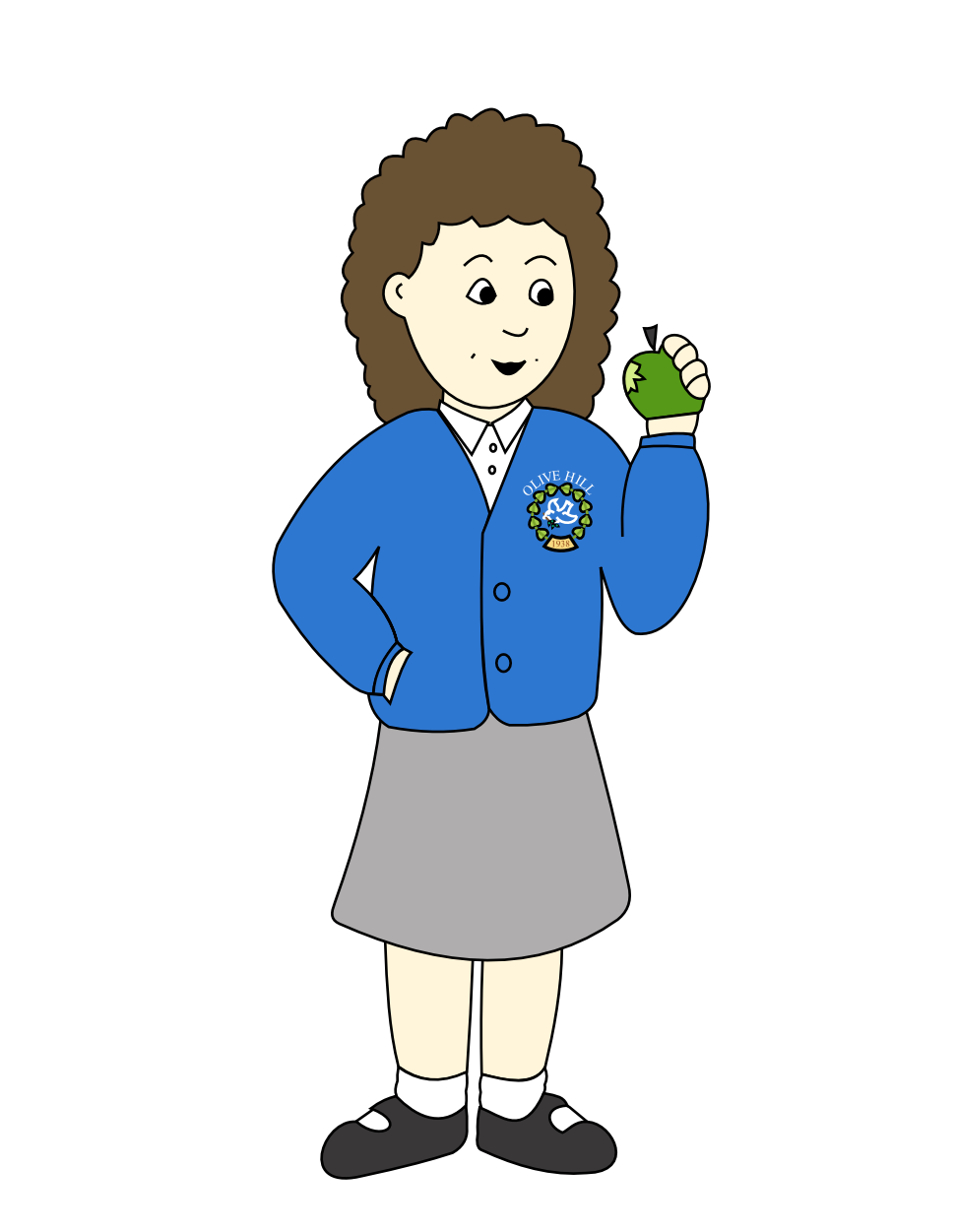Curriculum Overview
Early Years Foundation Stage
There are seven areas of learning and development, all areas of learning and development are important and inter-connected. Three areas are particularly crucial for igniting children’s curiosity and enthusiasm for learning, and for building their capacity to learn, form relationships and thrive. These three areas, the prime areas, are:
Communication and Language development involves giving children opportunities to experience a rich language environment; to develop their confidence and skills in expressing themselves; and to speak and listen in a range of situations.
Physical Development involves providing opportunities for young children to be active and interactive; and to develop their co-ordination, control, and movement. Children must also be helped to understand the importance of physical activity, and to make healthy choices in relation to food.
Personal, Social and Emotional Development involves helping children to develop a positive sense of themselves, and others; to form positive relationships and develop respect for others; to develop social skills and learn how to manage their feelings; to understand appropriate behaviour in groups; and to have confidence in their own abilities.
We also support children in four specific areas, through which the three prime areas are strengthened and applied. The specific areas are:
Literacy involves encouraging children to link sounds and letters and to begin to read and write. Children must be given access to a wide range of reading materials including books, poems, and other written materials to ignite their interest.
Mathematics involves providing children with opportunities to develop and improve their skills in counting, understanding and using numbers, calculating simple addition and subtraction problems; and to describe shapes, spaces, and measures.
Understanding The World involves guiding children to make sense of their physical world and their community through opportunities to explore, observe and find out about people, places, technology and the environment.
Expressive Arts and Design involves enabling children to explore and play with a wide range of media and materials, as well as providing opportunities and encouragement for sharing their thoughts, ideas and feelings through a variety of activities in art, music, movement, dance, role-play, and design and technology.
Assessment during EYFS
Assessment plays an important part in helping parents, carers and practitioners to recognise children's progress, understand their needs, and to plan activities and support. Ongoing assessment is an integral part of the learning and development process. It involves practitioners observing children to understand their level of achievement, interests and learning styles, and to then shape learning experiences for each child reflecting those observations. In their interactions with children, practitioners should respond to their own day-to-day observations about children's progress, and observations that parents and carers share. To this end we make systematic observations and assessments of each child's achievements, interests and learning styles. We then use these observations and assessments to identify learning priorities and plan relevant and motivating learning experiences for each child.
Key Stage 1 and 2
The national curriculum for England is taught in all maintained schools. We teach the national curriculum Key Stage 1 subjects in years 1 and 2 and the national curriculum for Key Stage 2 subjects in years 3, 4, 5, and 6.
An overview of topics for each year group is below. We also send home a termly newsletter from each year group providing more information about aspects of subjects taught during each topic which can be viewed by clicking on the Curriculum newsletters heading.
Curriculum Subjects
Click on the pictures below to see more information about the curriculum subjects we teach.















